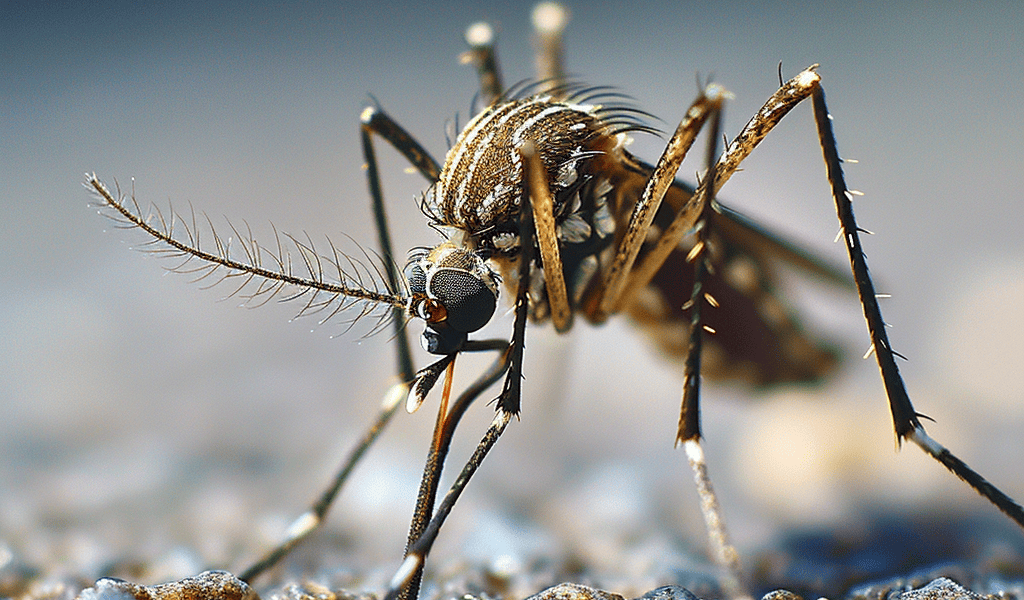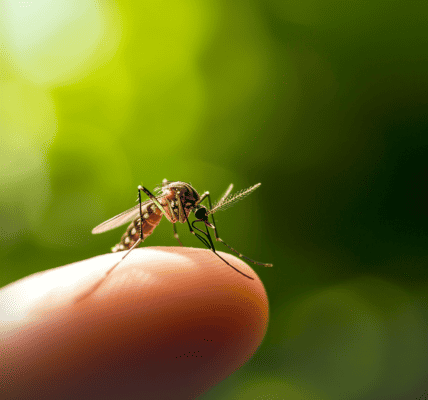The Health Ministry of Malaysia is urged to consider approving a newly released dengue vaccine to combat the increasing number of cases in the country, according to Datuk Dr Lam Sai Kit, a virologist and Universiti Malaya emeritus professor.
Dr. Lam highlighted the effectiveness of the Takeda dengue vaccine, known as Qdenga (TAK-003), which has been approved for use on individuals who have had dengue. Despite the implementation of an integrated vector control program and the use of Wolbachia-carrying Aedes mosquitoes in hotspots in the Klang Valley, the number of dengue cases has not significantly declined.
He emphasized the safety of Qdenga, stating that it has been generally well tolerated with no significant safety risks identified. The vaccine has received approval for licensing in the European Union (EU) and is currently available for children and adults in several countries, including the EU, United Kingdom, Indonesia, Thailand, and Brazil. Additionally, the World Health Organization (WHO) Strategic Advisory Group of Experts (Sage) recommended the Qdenga dengue tetravalent live attenuated vaccine for introduction to children aged six to 16 years.
Dr. Lam urged the Health Ministry to expedite the licensing of the Qdenga vaccine, ensuring that individuals who wish to be vaccinated have immediate access to it.
Dengue is a viral infection transmitted to humans through infected mosquito bites, causing a range of symptoms from asymptomatic to severe, including high fever, severe headache, acute joint and muscle pain, and in rare cases, internal bleeding, shock, and death. While there is no specific treatment for dengue, early detection and access to medical care can lower its fatality rate to below 1%.





